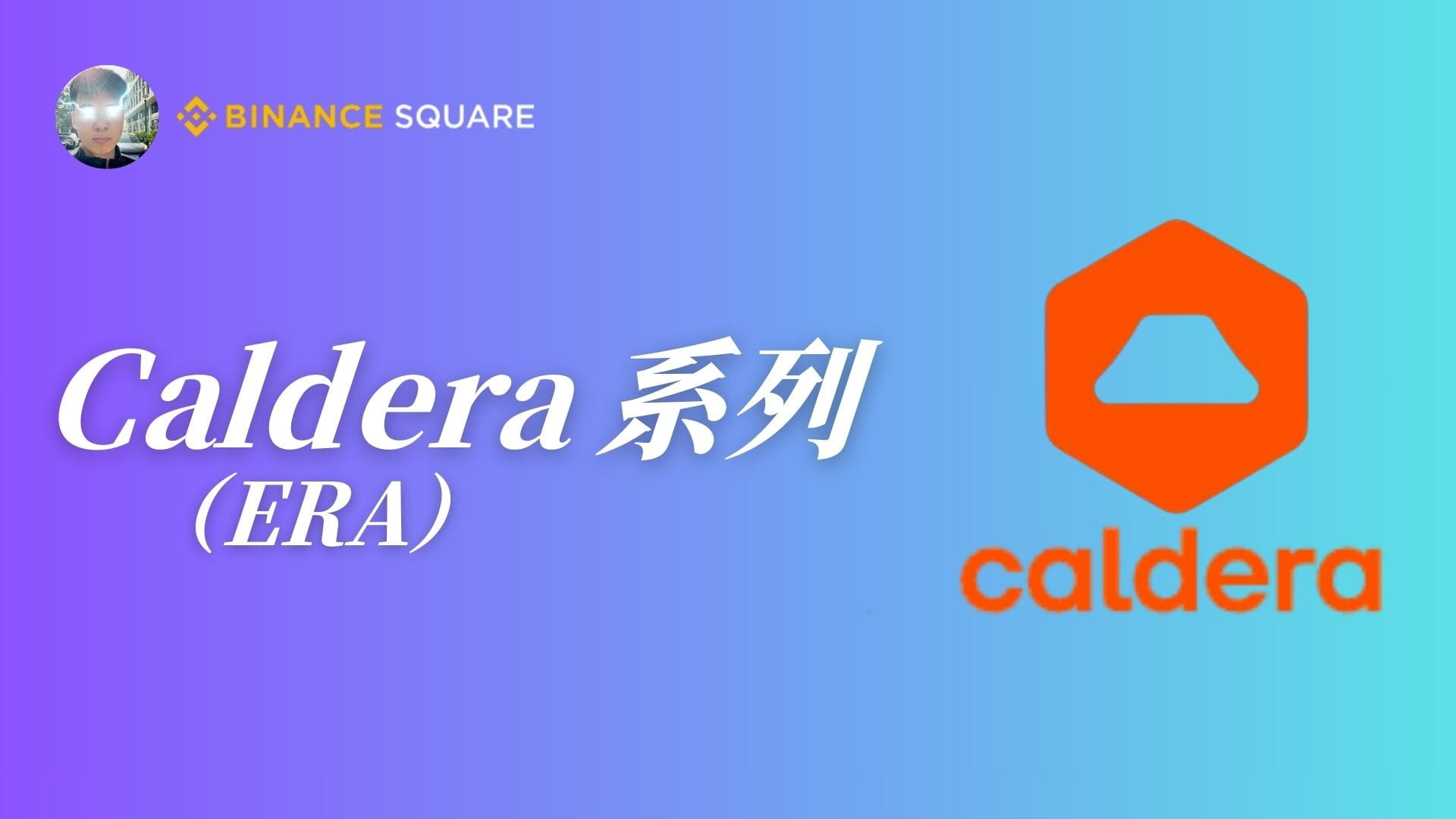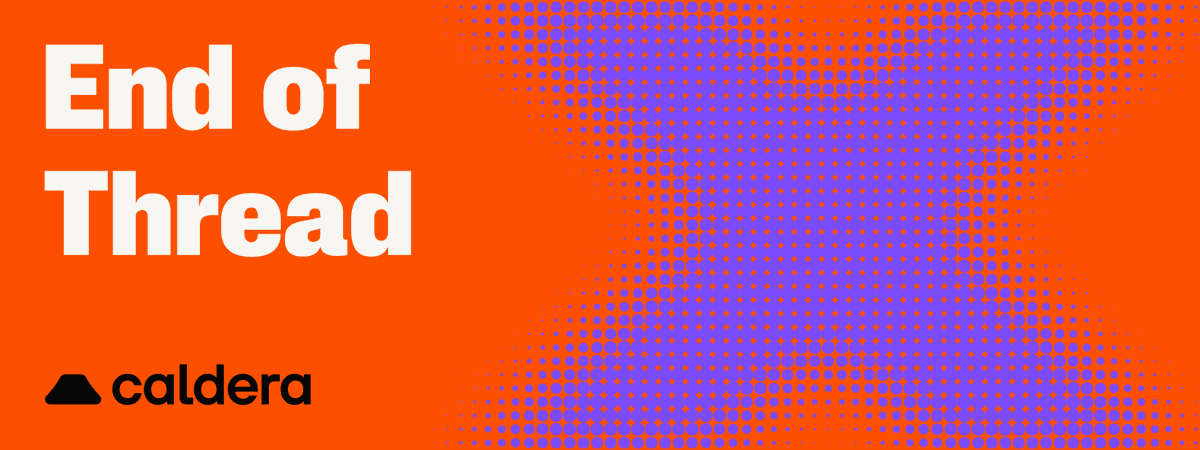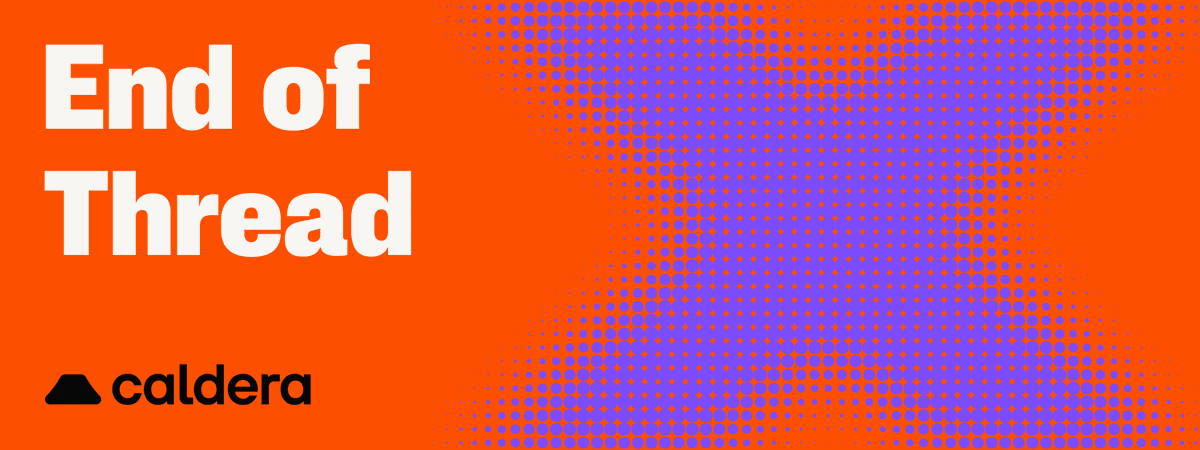With the rapid development of blockchain technology, more and more developers and projects are beginning to focus on the construction of decentralized applications (dApps) and decentralized finance (DeFi). However, many existing platforms face bottlenecks in performance, cost, and flexibility.
With its modular design and innovative Rollup technology, Caldera provides developers with an efficient, low-cost, and flexible platform, making the development of decentralized applications more efficient and cost-effective.

1. Simplified development process
Caldera provides developers with a simplified blockchain development environment. Developers no longer need to deal with complex underlying technical issues but can focus on application logic and user experience. Caldera's Rollup engine allows developers to quickly build and customize the Rollup chains they need. Without a deep understanding of the underlying architecture, developers can easily launch their decentralized applications.
2. Modular architecture: Flexible customization to meet diverse needs
Caldera's modular architecture offers developers high customization. Developers can choose different execution environments and data layers based on project needs, ensuring optimal performance, security, and scalability for their projects. Whether it's a DeFi project, NFT platform, or gaming application, Caldera provides the best technical support.
3.$ERA Token: Empowering the platform and community
The $ERA token plays a core role in the Caldera platform. In addition to being used to pay transaction fees, the $ERA token also guarantees decentralized governance. The platform's governance is completely community-driven, allowing $ERA token holders to participate in voting, platform decisions, and promote continuous improvement and development.

Decentralized applications (dApps) have seen significant development over the past few years; however, the interoperability issues of existing blockchain platforms have continuously limited the scalability and usability of dApps.
Many decentralized applications rely on specific blockchain platforms, lacking cross-chain interoperability, which leads to the inability for assets and data to flow freely between different platforms. Caldera breaks these barriers with its innovative cross-chain technology and Metalayer protocol, promoting the development of global decentralized applications.
4. Cross-chain protocol: Achieving true blockchain interconnectivity
Caldera's cross-chain protocol, through zero-knowledge proof (ZK) technology and the Metalayer protocol, allows seamless transmission of data and assets between different Rollup chains. This innovation not only enhances blockchain interoperability but also significantly increases the liquidity of decentralized finance (DeFi) and other application scenarios. Whether for asset transfers or data sharing, Caldera provides reliable solutions for decentralized applications to operate collaboratively across multiple blockchain platforms.

5. Multi-chain support: Making blockchain stronger
Caldera is not limited to a single blockchain ecosystem; it achieves resource sharing and information exchange between different chains through cross-chain protocols. This allows applications like DeFi and NFTs to operate across multiple blockchain platforms, increasing the choices available to users and developers.
6.$ERA Token: Ensuring the stability of cross-chain transactions
In cross-chain transactions, the ERA token serves as a payment tool to ensure the smooth execution of each transaction. Users can stake ERA tokens to enjoy platform rewards and ensure network security, guaranteeing the reliability of cross-chain transactions.

